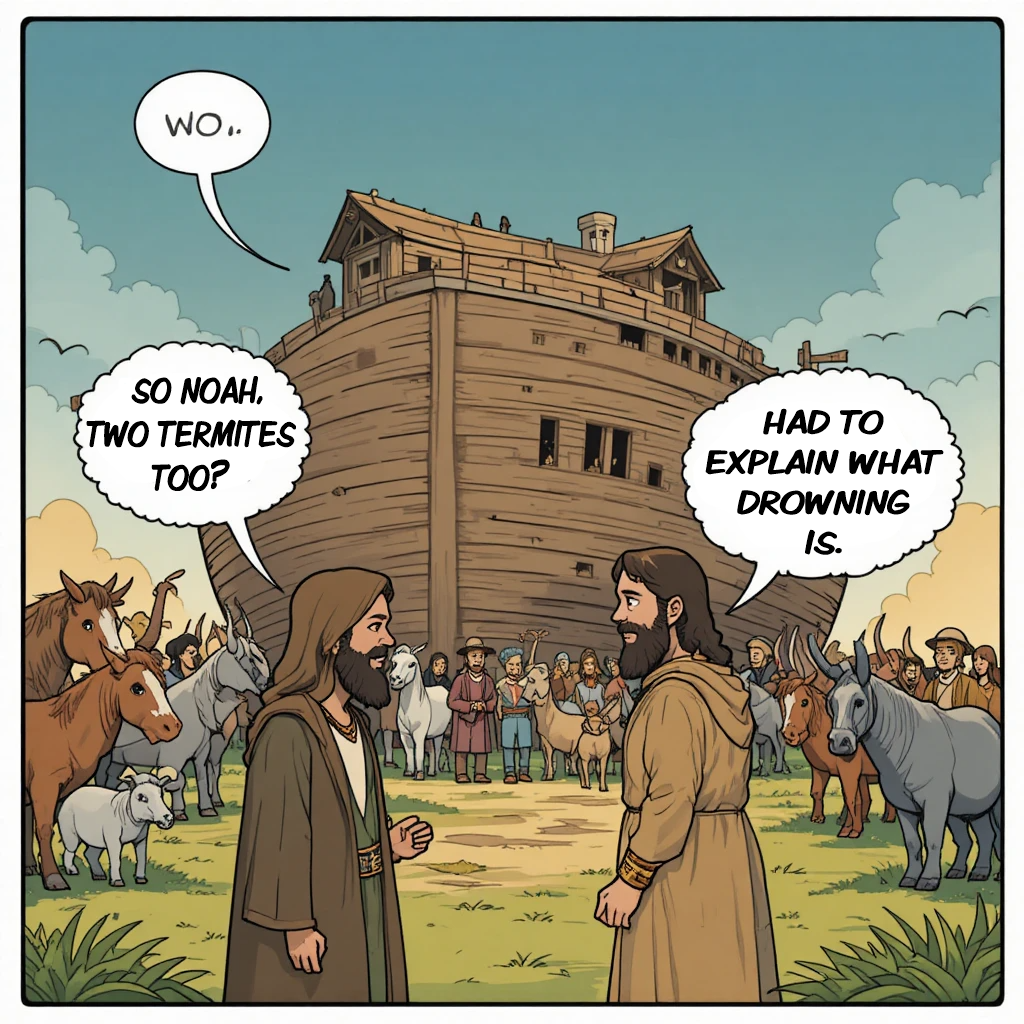
The story of David and Bathsheba is a tragic Biblical story about a powerful king who gave in to his desires and committed adultery with a beautiful woman, resulting in a series of disastrous consequences.
David was the king of Israel and Judah, a man who had risen to prominence and power as a result of his military prowess and leadership abilities. He saw Bathsheba, a beautiful woman married to one of his soldiers, Uriah the Hittite, one day while walking on the roof of his palace. Regardless of her marital status, David was overcome with desire for Bathsheba and had her brought to him. Bathsheba became pregnant after they slept together.
When Bathsheba told David about her pregnancy, he panicked and began plotting a way to conceal their affair. He first persuaded Uriah to return home to his wife, hoping that he would sleep with her and take responsibility for the child. Uriah, on the other hand, refused to leave the battlefield and instead slept in the palace with David’s servants. Frustrated, David sent Uriah to the front lines of battle, where he was killed in action.
Following Uriah’s death, David married Bathsheba, the mother of his child. God, on the other hand, was dissatisfied with David’s actions and sent the prophet Nathan to confront him about his sin. Nathan told David a parable about a rich man who stole the only lamb of a poor man, making David realize the gravity of his actions. He repented and asked God for forgiveness, but the consequences of his sin haunted him.
The child born to David and Bathsheba died soon after birth, and their other children would cause further upheaval during David’s reign. Absalom, one of his sons, rebelled against him and attempted to seize the throne. In the end, David was able to keep his power, but the tragedy of his affair with Bathsheba forever marred his legacy.
The story of David and Bathsheba serves as a warning about the dangers of giving in to one’s desires and the devastating consequences that can result. It also shows the power of repentance and the importance of seeking forgiveness for one’s sins.














